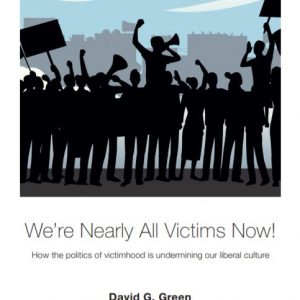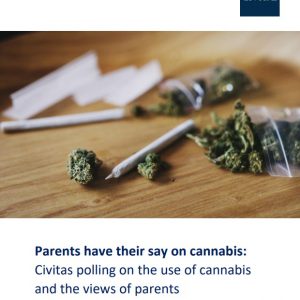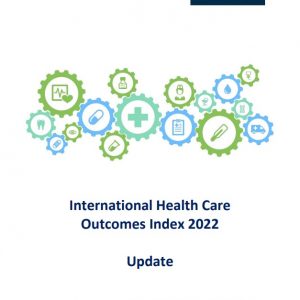Is Identity Politics Undermining Police Impartiality?
David G. Green, December 2021
When we encounter the police, can we rely on them to apply the law impartially? To act without fear or favour has been seen as the essence of policing since the first modern police force was founded in 1829. In this study, David Green looks closely at the growing importance of police pressure groups based on the racial, religious or other identities of officers.
Green asks if these groups, which are now officially recognised as staff associations or staff networks, are compatible with police impartiality. They arguably seek to advance the careers of their own members at the expense of other officers, who are sometimes regarded as oppressors. And they seek to change policing policy to the advantage of their own identity group.
By reviewing the main identity-based staff associations, it is found they all claim that under-representation of their group in the police or in the higher ranks is the result of discrimination, when there are numerous better explanations. Groups can also demand an interpretation of the law that benefits their own identity group, especially by defining innocent actions as ‘hate crimes’. These recurring themes derive from a common source – American critical race theory (CRT) in which society is seen as divided into victim groups and their oppressors.
The author argues that the impartiality of the police service is threatened by a doctrine of identity politics in which staff are increasingly being encouraged to define themselves, not as people who deserve respect because of their ability and objectivity, but as members of an identity group – and especially their race.
Green recommends that the government and police forces respond to the rise of identity based sectarianism within the police by halting the funding of those groups and using the funds saved to reduce crime. The report concludes that the police are not there to represent anyone – their job is to uphold the law. And we must challenge claims that our race determines our ideas and our ability to be fair because we all share a common humanity in which fair treatment is owed to all regardless of race.
£7.00





